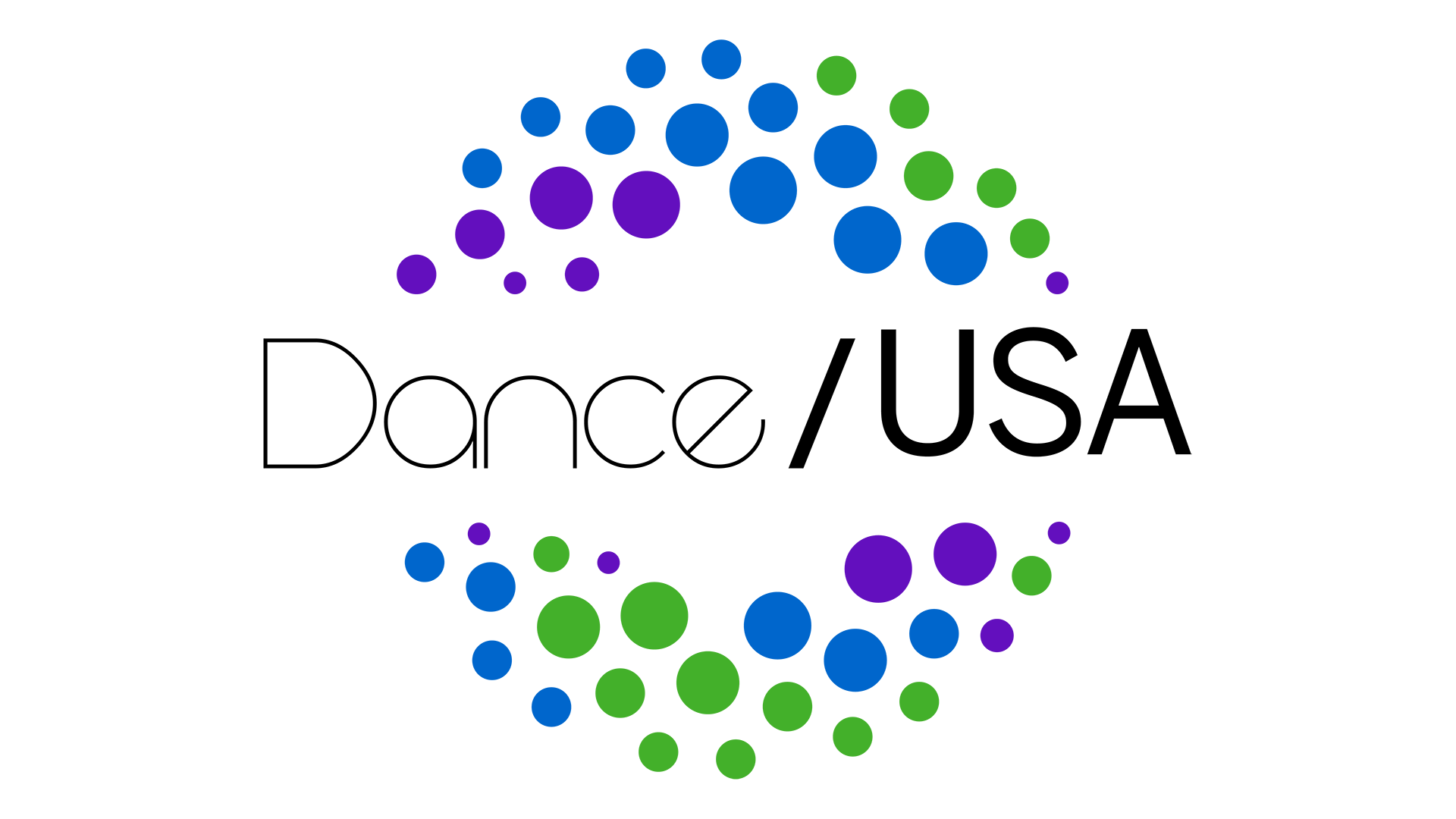By Brandon Gryde
This past spring, I had the opportunity to do something I hadn’t yet experienced as government affairs director at Dance/USA: experience the beginning of regular order in Congress. In recent years, the appropriations process has been a mix between continuing resolutions (which provided level funding to most government agencies with passing a budget) leading into mega-spending packages, that funded all of the agencies without subcommittee debates and budget proposals.
However, with a Republican-controlled Congress, minus the usual partisan roadblock, committees actually went through a normal budget process. In regards to the arts, we didn’t fare too poorly. (It didn’t hurt that there were far more controversial issues for Congress to deal with.) Both Senate and House approved a budget of $146 million for the National Endowment for the Arts for Fiscal Year 2016, level with the current year’s funding. The House Interior Appropriations subcommittee even held a hearing that had great arts representation. Wearing my OPERA America hat, I partnered with the League of American Orchestras and we were able to secure a spot for our shared member Melia Tourangeau, then general director of Utah Symphony I Utah Opera. She delivered an excellent testimony, followed by visits with her senators and Utah representatives.
Unfortunately, negotiations between the two houses have stalled and Congress is examining the possibility of yet another short-term continuing resolution to fund the federal government past the current fiscal year.
Arts in Education and the reauthorization of the Elementary and Secondary Education Act (ESEA) saw mixed results, as the House and Senate passed reauthorization bills that varied. The Senate bill was more arts-friendly and the next step will require a bicameral conference committee to finalize the bill. Dance/USA is a member of the Arts Education Working Group and signed on to a letter urging the chairs and ranking members of the House Education and Workforce Committee and the Senate Committee on Health, Education, Labor and Pensions to support proposals that reinforce the inclusion of arts in education.
Visa Processing for Guest Artists
Dance/USA has heard from members about the delays in processing O and P visas for guest artists from the Vermont Service Center, where some groups are waiting 8-11 weeks for approval. Continually paying for premium processing is cost prohibitive for nonprofit dance companies and the inability to plan for foreign artists can disrupt seasons and scheduled performances.
As part of the Performing Arts Visa Working Group, Dance/USA is taking the following steps to address this issue.
- Dance/USA has signed on to a letter from the American Immigration Lawyers Association, joining many of our arts national service colleagues, in urging U.S. Citizenship and Immigration Services (USCIS) to host a summit for dialogue about issues related to the O and P visa classifications. The letter will be sent this month and Dance/USA will inform members if and when the meeting is scheduled.
- Dance/USA is also collecting documents, examples of impact, and case numbers from members who have experienced delays in processing in recent months. The working group will likely submit comments to USCIS highlighting the challenges this poses to nonprofit performing arts groups and the letter will cite examples from various arts disciplines. Email advocacy@nulldanceusa.org with your examples.
Finally, while these delays continue, please prepare to submit your visa petitions for foreign artists as early as possible for the time being.
Tax Policy
This past year I’ve spent a large amount of time visiting Congressional offices and urging legislators to reinstate and make permanent the IRA charitable rollover, which allows individuals aged 70 ½ and older to make tax-free contributions (up to $100,000) to charities directly from their IRA accounts. This provision, along with 55 other extenders, continues to expire and requires renewal. In 2014, Congress reinstated this provision retroactively for 2014 during that last two weeks of the year, allowing it to expire on January 1, 2015.
The House passed the America Gives More act, a package of charitable provisions that included the IRA charitable rollover, however it did not move forward in the Senate. By and large, there is great bipartisan support for this provision. The opposition primarily comes from Democrats who want to see financial offsets before making these extenders permanent. The irony is that they are reinstated yearly without offsets already, but making them permanent would resolve the challenges with the incentive’s inconsistency.
Representative Paul Ryan (R-WI-1), chairman of the House Ways and Means Committee, wants to tackle the expired extenders this fall, and suggested that extenders might be included in an international tax reform plan that’s tied to the reauthorization of highway funding. As a member of Independent Sector, an umbrella organization that advocates for nonprofits, Dance/USA will likely join a series of meetings in Democrats’ congressional offices, sharing the important role this provision has in sustaining nonprofits.
Overtime Proposal
The past few months forced many nonprofits to reexamine the Fair Labor Standards Act (FLSA), when the U.S. Department of Labor (DOL) proposed an update to existing rules that govern which employees are eligible for overtime compensation. Currently, employees with an annual salary of less than $23,660 are eligible for overtime compensation –regardless of their management responsibilities.
DOL’s proposed changes would increase the threshold for eligibility to an annual salary of $50,440; more than double the current base. While Dance/USA, and many of our nonprofit colleagues, recognize that an increase to the current salary threshold is long overdue, this steep increase would have a serious economic impact on many nonprofits, especially small organizations or those in regions with a lower cost of living.
DOL did not reach out to the nonprofit community seeking guidance on this issue. The department did provide an opportunity for written comments, which were due September 4. Dance/USA signed on to a letter from Independent Sector and the National Council of Nonprofits that urged DOL to extend the deadline for comments by 60 days, providing the nonprofit community an opportunity to gather more information about the impact this could have, however DOL declined that request. While Dance/USA did not submit comments, Independent Sector (Dance/USA is a member) did provide comments with several important recommendations:
- DOL should consider a phased-in implementation of the increase, so that nonprofits can better prepare to support employees;
- DOL should account for regional economic and marketplace differences;
- DOL should host a period for comments should any changes be made to the duties test, also known as the white collar exemption.
While congressional action is not required to enact this new policy, it is unlikely that these updated rules will be implemented without some adjustment. It is also unclear as to when these new rules will take effect. However it is important that nonprofits begin thinking about how this could impact their organizations. There will likely be online webinars and resources published as we learn more about the implementation plan. Dance/USA will provide information to the field as we learn more.
Dance/USA continues to represent our membership in front of Congress, the White House, and federal agencies. If you are a member and visiting the D.C. area and would like to meet with your congressional representatives, please feel free to reach out and I will coordinate meetings and provide you with essential talking points.
As always, if you have any questions about issues that impact the arts, or you would like to share a concern or story about how policies and legislation are impacting your organization, send an email to advocacy@nulldanceusa.org.
Brandon Gryde is director of government affairs for Dance/USA and OPERA America, representing the membership in front of Congress, the White House, and federal agencies. He previously served as director of communications for Youth Service America, an international youth engagement organization, where he worked to increase awareness about the positive impact children and youth make in their communities through service and service-learning. Prior to moving to Washington, D.C., Brandon worked at Jump Street, an innovative community arts organization in Harrisburg, Penn. He managed a state re-granting initiative in partnership with the Pennsylvania Council on the Arts and launched AND Magazine, a quarterly arts and healthy lifestyles publication written by teens, for teens. Brandon has a B.A. in ethnomusicology and American literature and culture from UCLA and an M.A. in American Studies from Penn State.
____
We accept submissions on topics relevant to the field: advocacy, artistic issues, arts policy, community building, development, employment, engagement, touring, and other topics that deal with the business of dance. We cannot publish criticism, single-company season announcements, and single-company or single artist profiles. Additionally, we welcome feedback on articles. If you have a topic that you would like to see addressed or feedback, please contact communications@danceusa.org.
Disclaimer: Opinions expressed in guest posts do not necessarily represent the viewpoints of Dance/USA.



